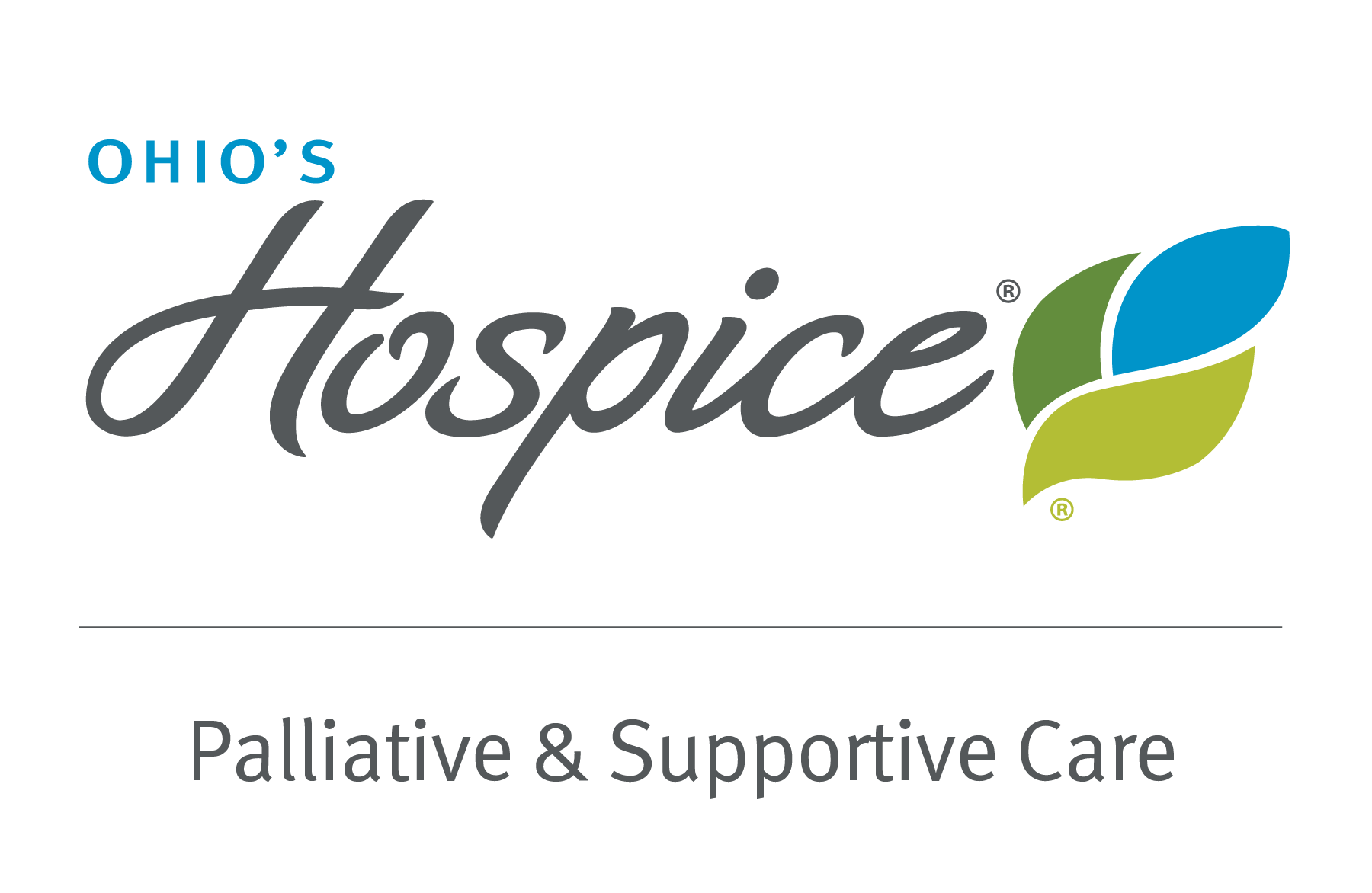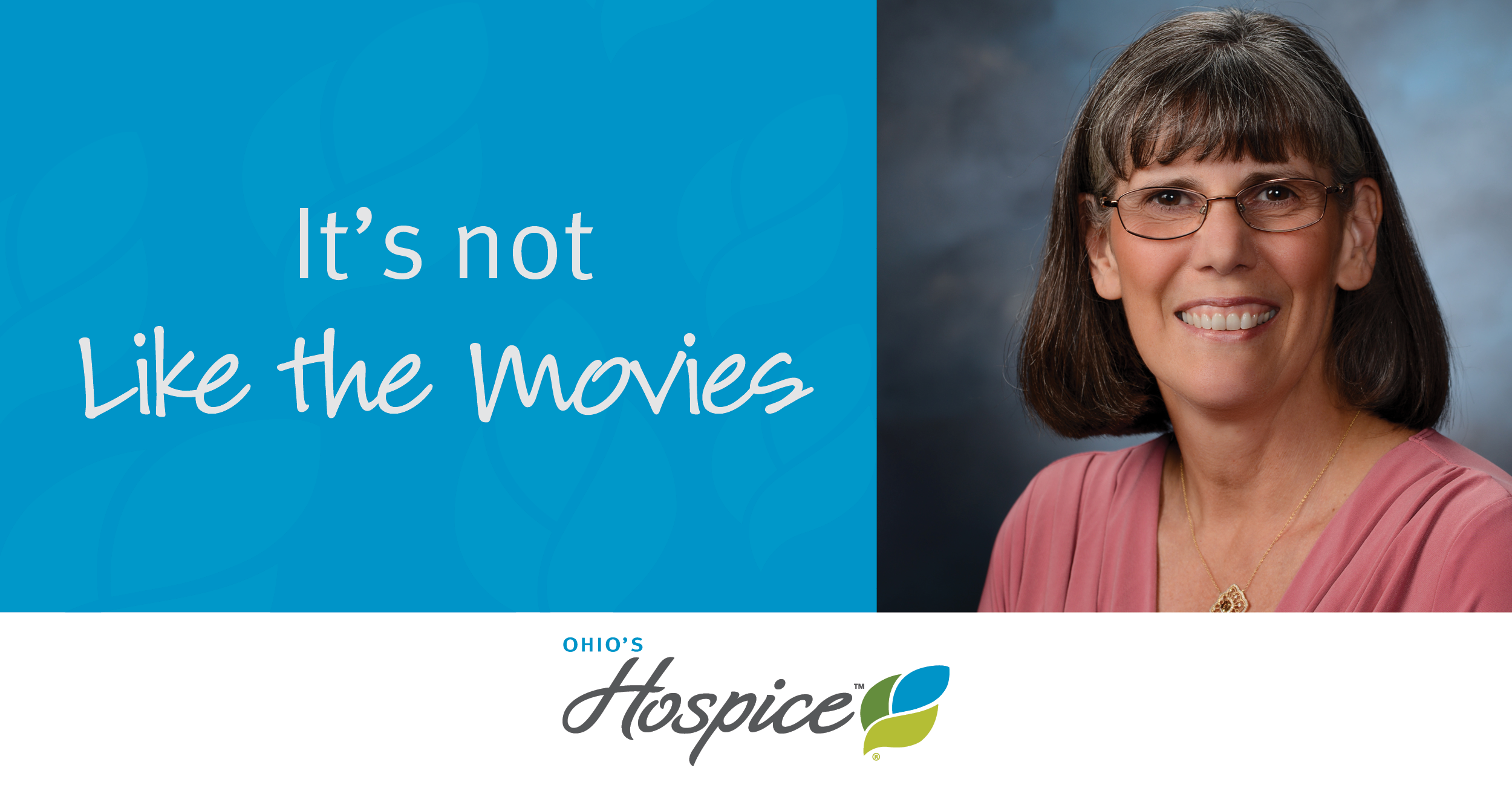
It’s Not Like the Movies
Death is a natural part of life. All of us are born; all of us will pass away. But few of us know what death actually looks like. Many elderly people now live alone or in nursing homes, and death often occurs in institutions. Death has been hidden from us.
It’s not like in the movies
To compound this, when we do see death, it’s often in the movies. And what we see in the movies is dramatized for effect.
Imagine a movie unfolding. We see an actor awake, alert, eating a meal, and talking, in full possession of his faculties. Next thing we know, he’s in bed. He says goodbye, sighs … and it’s over. We don’t see him in any pain or going through a slow decline.
The process of a natural death
I’ve been in medical practice for 20 years, and I’ve spent 8 years working in hospice and palliative medicine. In all my time, I have never seen a death like that. Instead, what I see is usually a slow decline that happens over the course of one to two weeks. I see the patient sleeping more, up to a full 24 hours a day—until eventually, they are no longer responsive. Eating becomes minimal and then stops all together.
More often than not, the patient becomes congested and often experiences pain and shortness of breath. Some patients become noticeably agitated and reluctant to calm down. Others require medicine in order to remain calm, comfortable, and free of pain.
Digestion becomes a concern
Also, just as the body gets weaker, the swallowing muscles get weaker also, making it difficult for the patient to properly digest food. Instead of food going into the stomach, it can end up in the lungs as the patient aspirates—that is, breathes it in. Once aspiration starts, it’s difficult if not impossible to stop, and it’s made worse if fluid or food is forced.
Forcing food and/or hydration can also cause nausea, abdominal pain, and shortness of breath. And IV feeding, tube feeding, and IV nutrition can also increase congestion.
What is the best option?
What happens when a person sleeps the entire day, is no longer responsive, and is no longer eating? There are many options of treatment with aggressive medicine, but which course of recovery is the best if aggressive treatment doesn’t make your loved one better?
This decision depends on multiple factors. Is there hope of a full recovery? Are there any symptoms or side effects from the treatments? What does the patient want to do?
Although it is often a difficult decision to cease treatment—to stop IV fluid, tube feeding, or TPN, for example—I have seen that patients are more comfortable when they pass away naturally. For thousands of years, the process of passing away would start when people could no longer swallow. This natural death may take days or may take weeks.
No, a natural death is not like what you see in the movies, but it can be comfortable. No matter what a person’s story is or why they end up at hospice, we can help keep them comfortable and we will care for their families with compassion. That’s our mission and that’s why we’re here.
Author Profile
Latest entries
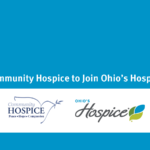 Media ReleaseJanuary 1, 2024Community Hospice to Join Ohio’s Hospice Strategic Partnership
Media ReleaseJanuary 1, 2024Community Hospice to Join Ohio’s Hospice Strategic Partnership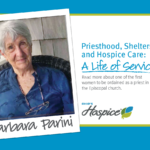 #CelebratingLifesStoriesNovember 21, 2023Priesthood, Shelters and Hospice Care: A Life of Service for Barbara Parini
#CelebratingLifesStoriesNovember 21, 2023Priesthood, Shelters and Hospice Care: A Life of Service for Barbara Parini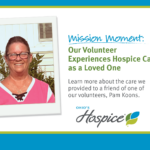 News and UpdatesJuly 28, 2023Ohio’s Hospice Volunteer Experiences Hospice Care as a Loved One
News and UpdatesJuly 28, 2023Ohio’s Hospice Volunteer Experiences Hospice Care as a Loved One News and UpdatesJuly 19, 2023The Not-for-Profit Difference
News and UpdatesJuly 19, 2023The Not-for-Profit Difference
